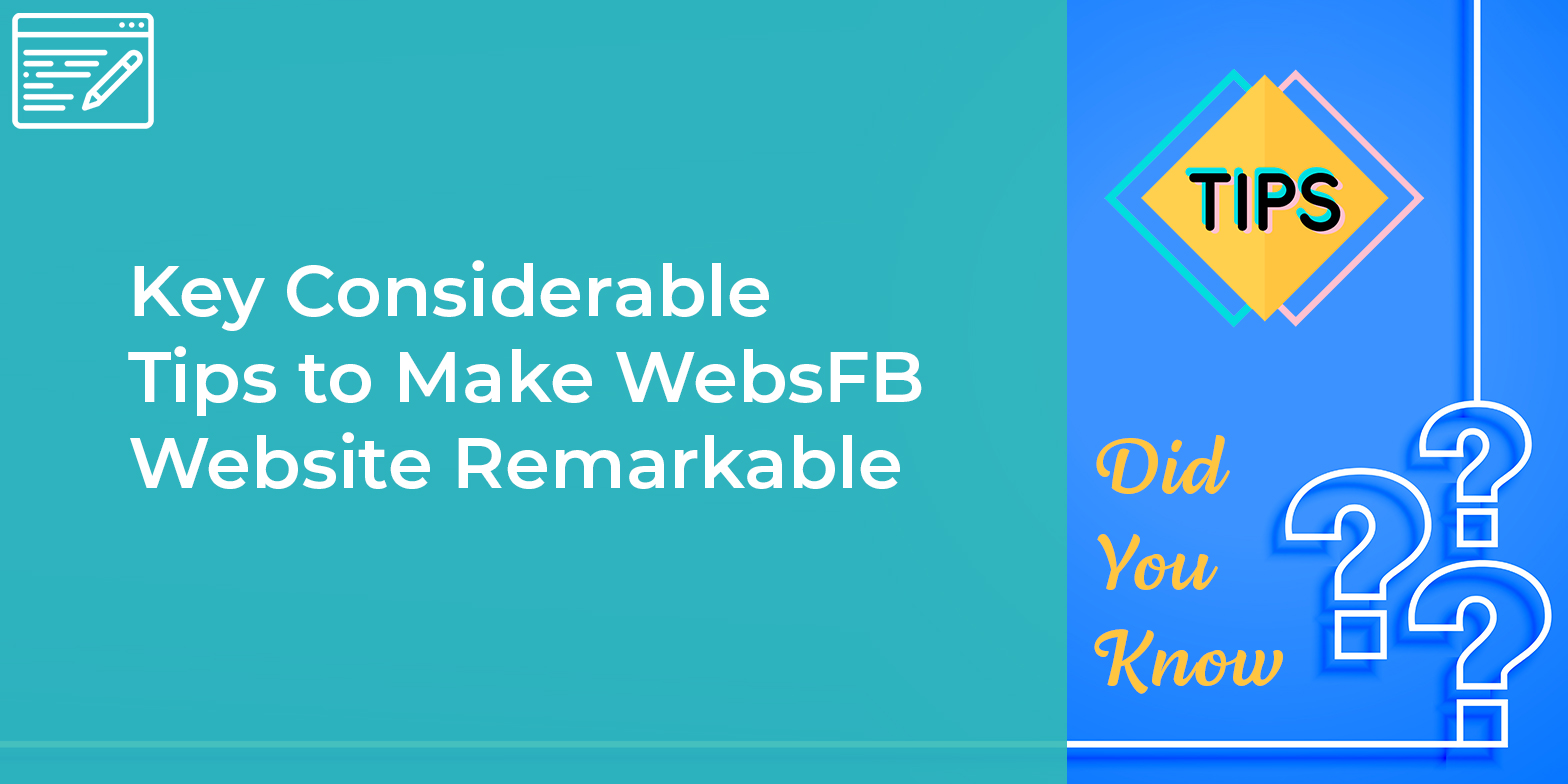How can you Secure the Website? - Essential Steps
February 21 - 3 year before
For small or any business having a website may not be sufficient instead the organizations or businesses should try to secure their website with proper industry-level measures. Especially the websites that either collect sensitive information of the site visitors or involve some monitory transactions.
These days even Google has now officially recommended HTTPS websites to the users. As per Google, everyone should access the HTTPS secured websites, so they get more traffic and performs well. It is believed that secured websites get more traffic.
In short, we can say that every business site should be safe and secure, and they should think of their site security. Especially, if you want that your site should perform better in search engines then also you should try to make it secure. This may indeed build the site and brand credibility, especially through your web presence.
Firstly, let us understand what is site security?
Website security is usually concerned with several aspects but among all of them here we are mainly concerned with SSL utilization for the website. SSL stands for Secure Socket Layer is also a standard security technology that establishes a secure connection in-between the browser and the webserver. The sites that are SSL secured the URL of such sites starts with “HTTPS”.
Any information sent by any site user on the internet is in plain-text form or not encrypted. Unencrypted information can be viewed by any hacker if the site will be attacked by them. SSL usually encrypts the text sent by the site/browser to the server, so that even if any hacker will try to intercept and read the information then he won’t be able to do so.
SSL is considered most important for the websites that either process the transactions or sensitive data or information like SSN, credit card numbers, or login details. Nowadays SSL has become a standard choice almost for every site whether they process or do not process sensitive data.
Is My Site Secure?
To confirm whether your site is secured or not there are two steps: firstly, make sure that SSL certificates s properly installed on your site or page and secondly confirm that all the pages of your site are forced to HTTPS version of the URLs.
SSL Installation
Luckily, it's quite easy to know whether your site is SSL secured or not. For this simply type HTTPS:// before typing the URL of your domain name. If there is a lock icon in front of the address bar, then it means that SSL is already installed on your server.
But if you see any error message then it means that SSL is not being installed on the server or may not be configured properly. There are some test tools as well that can help you to know whether SSL is configured properly or not.
Forcing Pages to HTTPS
In addition to making sure that you have installed SSL on your site you also have to make sure that all pages of your site are secured. If the pages are secured, then you will see the HTTPS version else there will be HTTP or an unsecured version will be there.
You can secure all pages of your site with proper configuration or by using redirects to HTTPS. You can write the simple HTTP version of the domain name and if it automatically redirects you to the HTTPS version of the page then it does mean that your site is completely safe.
Security a Protection to Business As we said Google prefer HTTPS website rather than HTTP site and therefore in 2014 HTTPS became a site standard. In 2016 Google update the Chrome browser so that it can easily identify secure and non-secure websites. Not only for Google even for the business users also prefer the sites that are secured. Site users consider the HTTPS sites more reliable as their login credentials and other personal or financial information can be considered safer.
-
Subscribe to Stay Updated with Latest News
Easy 7 steps for build your website.

Select Template
Choose Color
Add Logo
Add Navigation
Setup Account
Add Content
Go LIVE!
Categories
- Blogging Platform (1)
- Business (26)
- Development (24)
- Email Marketing (8)
- Graphic Design Trends (4)
- Hosting Platforms (1)
- How To's (18)
- Ideas and Inspiration (3)
- Inspiration Technology (5)
- Management (2)
- Marketing (38)
- New Features (10)
- News (25)
- Online Advertising (3)
- Promote Your Website (27)
- Search Engine Optimization (8)
- Security (4)
- Small Business Tips (43)
- Social Media (6)
- Uncategorized (2)
- User Experience (3)
- Web Design (42)







